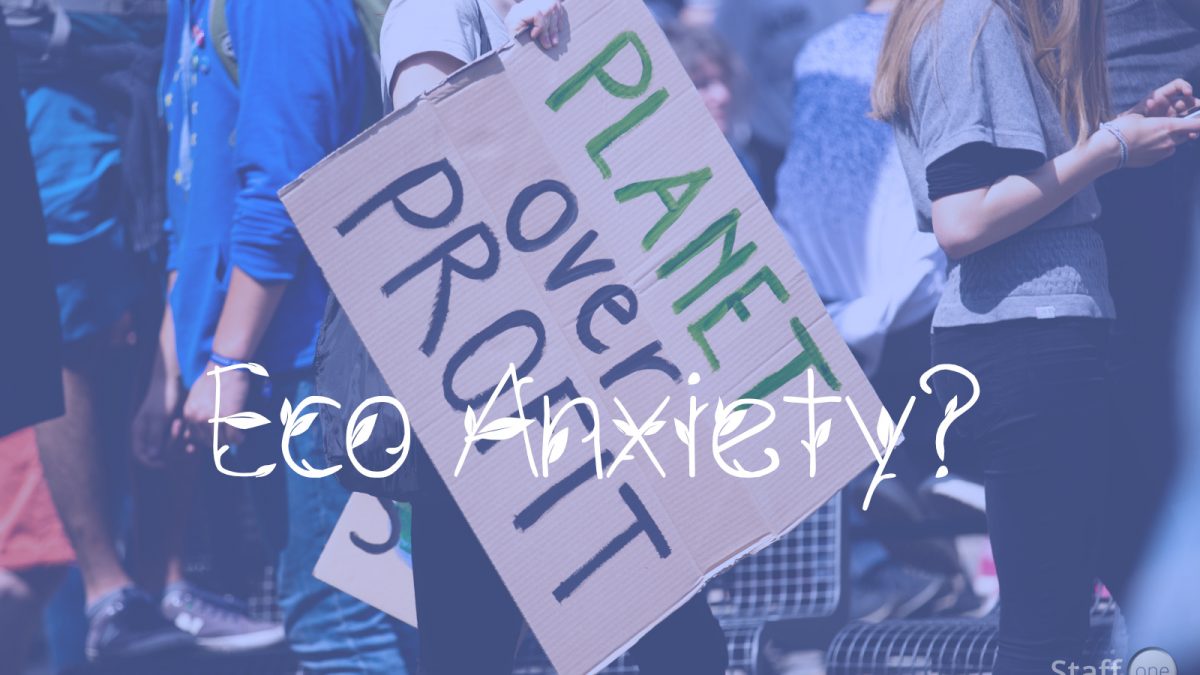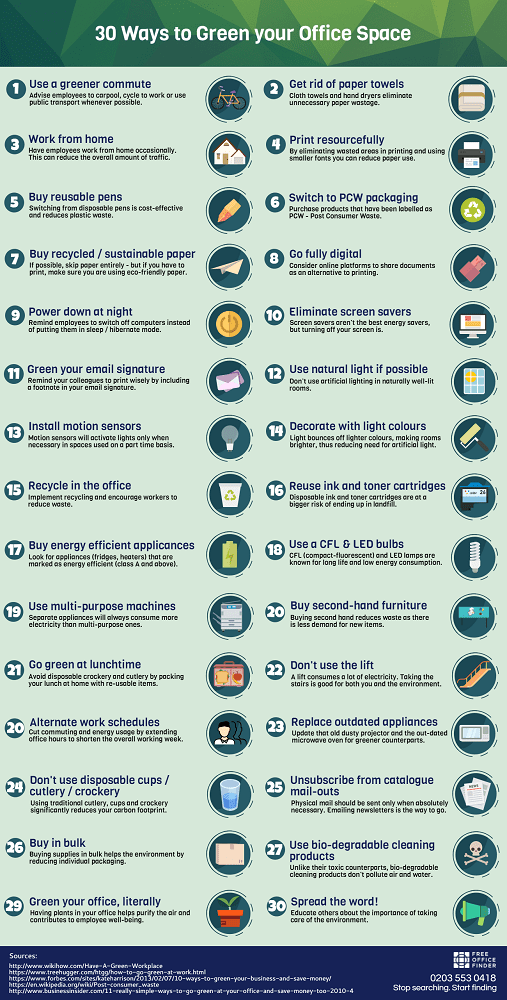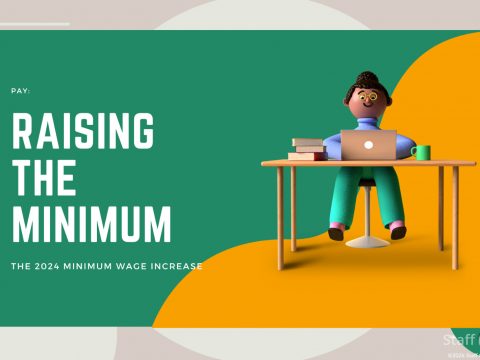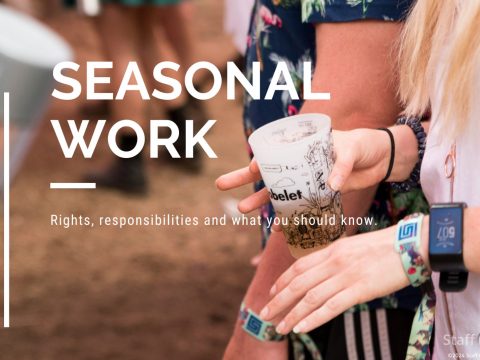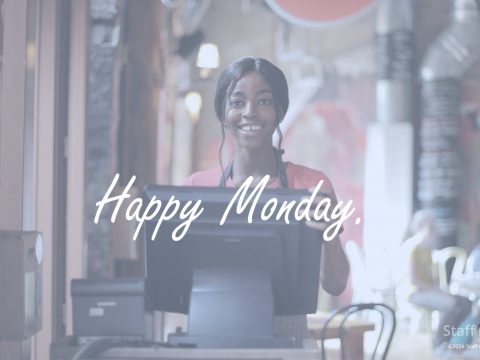- Contact us:
- 03300 535 600
- [email protected]

Working from home: progress or problem?
December 1, 2021
Time to let the Tie die?
February 28, 2022Every decade seems to bring with it a new set of buzz-words and the 2020’s is no different. Recent studies have shown that workers are starting to take a more active interest in the eco credentials of the companies they work for and with.
For some people, concern and awareness has given way to anxiety. More so of the younger demographic, a generation of young people is entering the workplace aware of the ecological and environmental damage caused by companies and industries in the past, that society is now having to work to overcome.
What is eco-anxiety?
There are varying definitions of eco-anxiety, also known as climate anxiety, which is a relatively new term. Put simply, it is worry relating to the environmental crisis. It can involve feelings of worry, fear, anger, grief, despair, guilt, powerlessness and shame.
People will experience eco-anxiety differently, it might depend on how you experience the impacts of climate change, which could be through direct experience (for example, flooding, droughts or other extreme weather) or through consuming news or media coverage about the climate crisis, or through working in a job where you see the impacts of climate change day to day.
Research has found that many young people believe that governments are failing them because of inaction and that young people feel betrayed and abandoned, which can lead to distress and eco-anxiety.
Some researchers don’t view climate anxiety as a mental health illness but instead as a normal response to the existential threat to the planet. However, climate anxiety can impact people’s mental health.
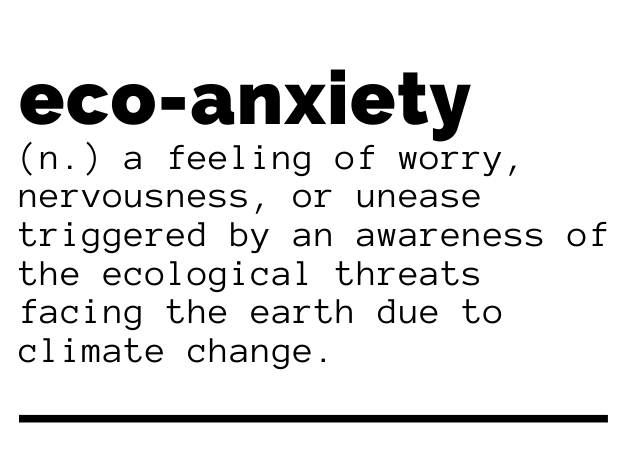
Is it really real?
Yes. There is no doubt that anxiety related to the climate crisis, climate change and the environment is real. There is still lots of ongoing research into eco-anxiety, but a range of professionals and experts have spoken on the topic.
How could this affect your company?
In a world where organisations are vying to be seen as the most eco-conscious in their sector, businesses are now realising that green credentials often factor into consumer choice and brand value. In the world of recruitment and employment, candidates are gradually making a shift to want to work for healthy, clean, considerate companies and placing a moral and ethical value on the organisations they work for. More and more workers are taking an interest in the green credentials of who they choose to work for and are making employment choices based upon this.
Even if your company’s green credentials are up to scratch, it doesn’t necessarily mean that your workers aren’t conscious about environmental change outside your business and outside your control. It is worth being aware of the mindset of your colleagues/employees. Mental health decline, the feeling of environment affecting physical health and the concern of the impact of the environment on friends and family.
If your company is engaged with mindfulness and the mental health well-being of its workforce then awareness on environmental factors would also be worth considering and versing your management team in and integrating into existing training.
What can your workplace change?
Where to start and where to end is down to what your organisation can achieve within time and financial constraints. Yes, there is no doubt that anxiety related to the climate crisis, climate change and the environment is real. There is still lots of ongoing research into eco-anxiety, but a range of professionals and experts have spoken on the topic. There are numerous changes that even the smallest organisations can implement. Our advice; start with any of the below 30 pointers and work your way up from there!

